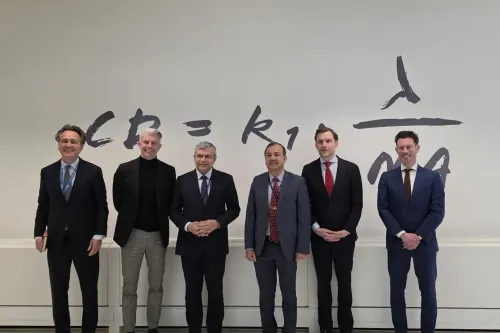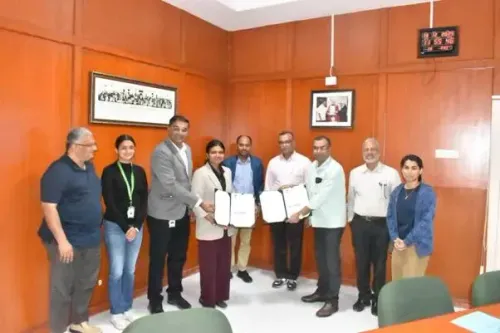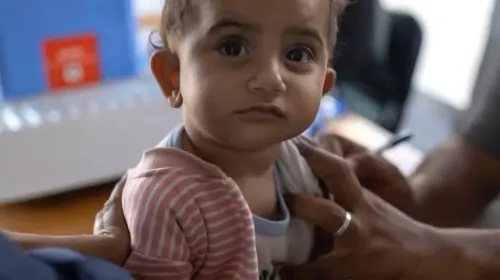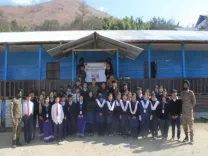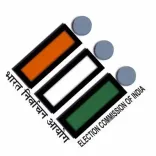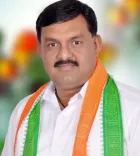How Can Dr Jitendra Singh Restore Trust in Healthcare?
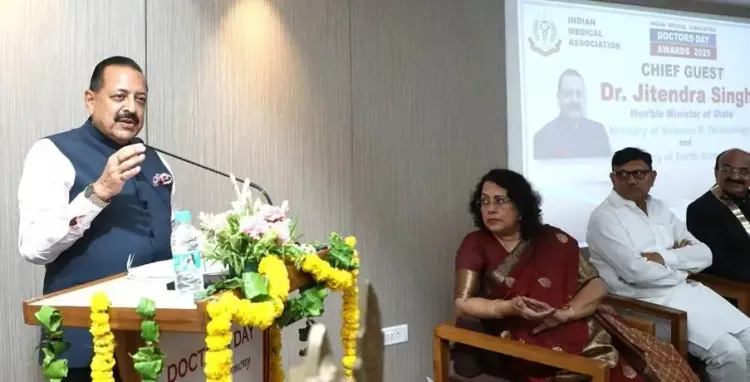
Synopsis
Key Takeaways
- Restoration of trust is essential for a healthy doctor-patient relationship.
- Dr Bidhan Chandra Roy's legacy serves as an inspiration for ethical medical practices.
- The Indian Medical Association is vital for shaping healthcare policy.
- India faces a dual burden of diseases, demanding a comprehensive healthcare strategy.
- A holistic approach blending various medical practices is crucial for future healthcare.
New Delhi, July 13 (NationPress) Union Minister Dr Jitendra Singh on Sunday called on the medical community to reclaim the dignity, integrity, and social trust that once defined this esteemed profession, stressing that the evolving perception of doctors is not solely due to individual shortcomings but is influenced by broader societal changes.
Paying homage to Dr Bidhan Chandra Roy, a globally respected physician and a pioneer in medical education, Dr Singh drew on his legacy to underscore the necessity of reinstating doctor-patient trust, which was a hallmark of Dr Roy's era in the early 20th century.
While addressing the Doctors’ Day event organized by the Indian Medical Association (IMA) here, the minister remarked, “One of Dr. Roy’s greatest attributes was the unwavering trust he and his peers enjoyed in society, without compromising on their consultation fees or ethics.”
“In the 1940s, Dr. Roy charged a consultation fee of over Rs 66, and it was never challenged. Today, we must reflect — why has this trust diminished?” he queried.
Recalling the importance of the Indian Medical Association (IMA), the minister described it as a “pillar of Indian healthcare,” and praised it as the most extensive and oldest organization of medical practitioners in the country.
Established in 1928 during the 5th All India Medical Conference in Calcutta, IMA presently stands as a formidable force representing over 3.3 lakh doctors through more than 1,750 local branches across 34 states and Union Territories.
With its headquarters in Delhi, the IMA has been instrumental in shaping healthcare policies, enhancing medical ethics, and promoting public health awareness.
The minister pointed out the transition from an era focused on infectious diseases to the current dual challenge of both communicable and non-communicable diseases, which presents both challenges and opportunities for Indian doctors and researchers.
“You name the disease — we have it in India. Therefore, global researchers are increasingly turning their attention to India,” he stated.
Dr Singh also highlighted the paradox of India's demographic profile. “We are a young nation with over 70 percent of the population under 42, yet we are also experiencing a rapid aging process. Life expectancy has risen from 50 years in the 1950s to over 70 years today. This transition necessitates a new curriculum, a fresh mindset, and a new model of medical practice,” he remarked.
The minister underscored the urgent need for a holistic, integrated approach to healthcare, merging modern allopathic medicine with AYUSH systems and advanced technological innovations.



